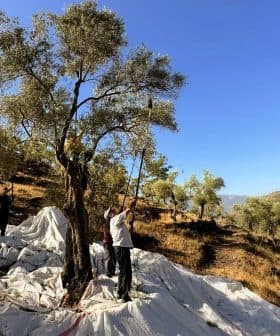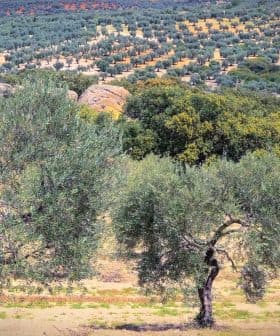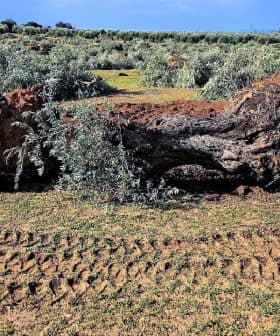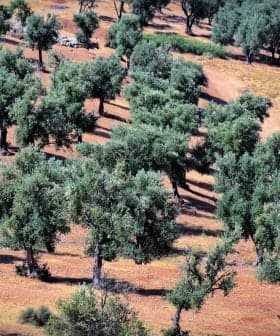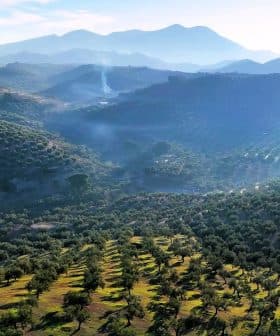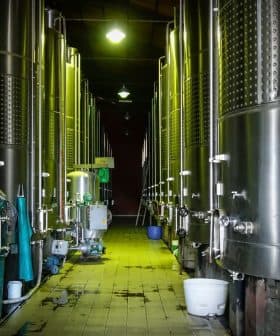Drought, Heat Cut Almería Olive Harvest by Half
The prolonged drought and summer heat waves have significantly reduced olive production in the Andalusian province of Almería, with growers estimating a 50 percent decrease in harvest compared to last year. Despite the challenges, Asaja Almería remains optimistic that rain in the coming months will improve the end of the olive harvest in December and January.
The prolonged drought and the summer heat waves have taken a toll on olive production in the Andalusian province of Almería.
Growers and producers in the province estimate that they will harvest half the amount of olives as last year. The Andalusian regional government anticipates Almería to produce 10,000 tons of olive oil this year, 31 percent below the five-year rolling average.
However, the local chapter of the Association of Young Farmers and Ranchers (Asaja) said the production decreases would not be uniform across the province after it surveyed the most significant olive farming areas.
See Also:Harvest Outlook Worsens in SpainMore specifically, Asaja Almería said the harvest at Campo de Tabernas would experience a 30 percent drop in its olive harvest compared to last season.
Meanwhile, olive harvesting operations in the Andarax river valley project a potential 70 percent drop and irrigated olive groves in Almanzora will see an 80 percent decrease.
“This is a forecast for those regions where [olive] collection has already begun since there are still areas where the most activity will occur during December and January, although differences according to areas and the cultivation system (rainfed and irrigated) are evident,” Asaja Almería said.
While the challenging weather has affected most groves, Asaja Almería said the reasons behind such low volumes vary from one olive growing area to the next.
For example, water stress from Spain’s historic drought has affected yields in irrigated groves. Still, in some areas, such as the Adnarax river valley, rainfed and irrigated groves received enough water.
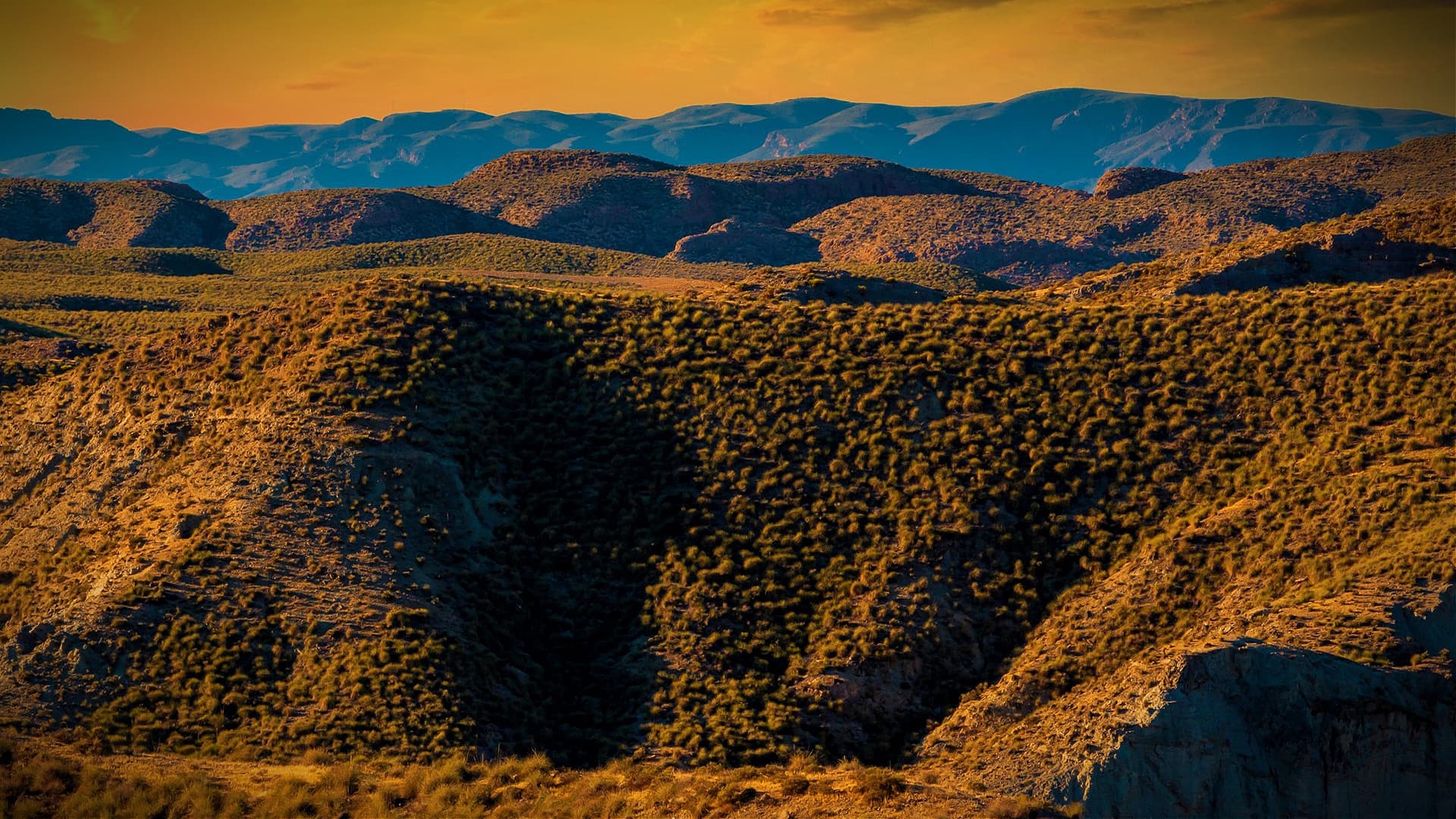
Dessert of Tabernas
Instead, Asaja Almería indicated that the production decreases there are the result of other climatic phenomena.
Despite the significant decrease expected by producers across the province, Asaja Almería said the current harvest would not be the worst one experienced by the province since timely spring rain had helped many olive crops.
However, Adoración Blanque, the president of Asaja Almería, said growers should not delay their harvests, or they would risk losing quality.
“It should be noted that, although the olive grove has maintained the humidity fairly well, the extreme drought in recent months has caused the olive to ripen, so Asaja is warning that delaying the harvest too much could ruin the campaign,” he said. “It might not be safe to wait until January to produce extra virgin olive oil.”
While olive and olive oil production in Almería is relatively small compared to other Andalusian provinces, it still plays a vital role in the local economy.
In the first six months of 2022, olive oil sales and exports from the province more than doubled compared to the same period in 2021. Almería sold and exported €4.8 million of olive oil, a 125 percent increase compared to the previous year.
In the same period, the whole of Andalusia has experienced a 31 percent growth in sales value, reaching €18.2 billion.
Asaja Almería concluded its analysis with a note of optimism: rain in the coming months would vastly improve the end of the olive harvest in December and January.


